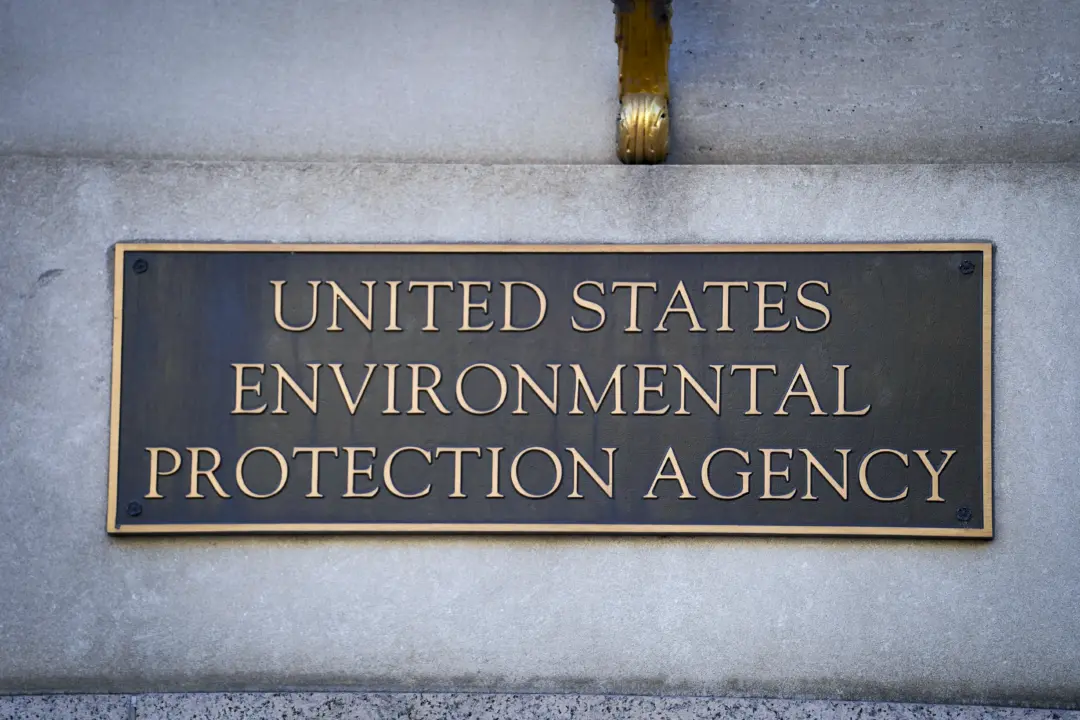States and industry groups say the two pollutants are already tightly regulated and that the EPA’s regulations will hurt their businesses.
The Supreme Court declined on Oct. 4 to halt U.S. Environmental Protection Agency (EPA) regulations limiting industry emissions of mercury and methane.
The rulings came in a bundle of orders in several pending emergency applications. No justices dissented. The court did not explain its decisions.
The nation’s highest court is allowing the regulations to remain in place while challenges against them proceed in the lower courts.
The regulations were created by the Biden administration in an effort it says will address climate-related concerns. The government also supports providing financial incentives to purchase electric vehicles.
Several states and industry groups had argued that the EPA went beyond its legal authority and imposed standards that are impossible to attain. The EPA countered that it was acting within its authority and that the regulations were in the public interest.
Mercury is a chemical element capable of harming the immune, digestive, and nervous systems in humans. Methane is a chemical compound considered to be a planet-warming greenhouse gas.
The methane regulation imposes new rules on oil and natural gas producers, which are said to be the biggest emitters of methane. The lower courts previously declined to pause the rule.
The methane rule takes aim at emissions from existing oil and gas wells and requires that smaller wells locate and plug methane leaks.
States and industry groups say emissions of mercury are already tightly regulated and that the mercury regulation could force coal-fired power plants to close their doors.
This is a developing story and will be updated.

